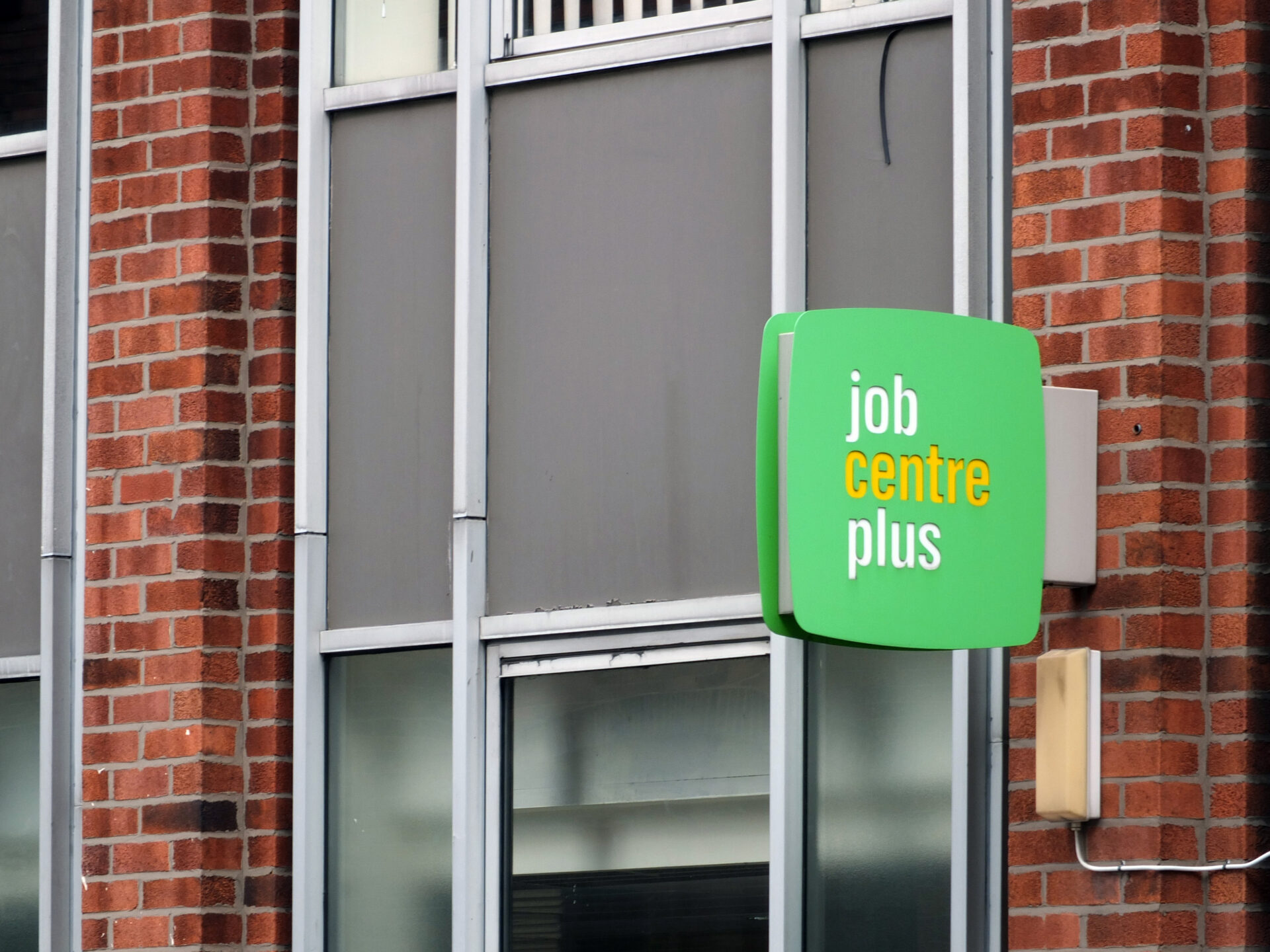On her visit to Leeds today (Thursday 11 July), Work and Pensions Secretary Liz Kendall will confirm the Government’s commitment to its manifesto Back to Work Plan, emphasizing that tackling economic inactivity is central to the Government’s primary mission of growing the economy.
Accompanied by her ministerial team, Kendall highlighted the importance of addressing economic inactivity, stating, “Growth is our number one mission and, as the Chancellor said, our Back to Work Plan is central to achieving our plans. Economic inactivity is holding Britain back – it’s bad for people, it’s bad for businesses, and it’s bad for growth.”
The visit comes just days after Chancellor Rachel Reeves outlined the Government’s initial steps to secure sustained economic growth, which is deemed essential for improving the country’s prosperity and the living standards of working people.
Kendall underscored the urgency of the situation, noting that 9.4 million people are currently economically inactive, including a record 2.8 million people out of work due to long-term sickness and 900,000 young people not in education, employment, or training.
During her visit to Leeds, Kendall will confirm the three pillars of the Government’s Back to Work Plan:
- A new national jobs and career service: This initiative aims to help more people get into work and progress in their careers.
- Work, health, and skills plans for the economically inactive: These plans will be led by mayors and local areas to tailor solutions to the needs of their communities.
- A youth guarantee: This will provide all young people aged 18 to 21 with opportunities for training, apprenticeships, or help to find work.
Kendall emphasized the importance of local leadership in driving change, saying, “Change delivered by local areas for local people, driving growth and delivering opportunity and prosperity to everyone, wherever they live.”
The new Back to Work Plan includes merging Jobcentre Plus with the National Careers Service to better support individuals in finding employment and advancing their careers. Additionally, the Youth Guarantee aims to prevent young people from becoming excluded from the workforce by offering various training and employment opportunities.
The plan also focuses on supporting disabled people and those with health conditions by devolving more power to local areas. This will allow for a more tailored and joined-up approach to work, health, and skills that meets the specific needs of different communities.
The ministerial team’s visit to Leeds will include a tour of a jobcentre to observe how they support individuals with health conditions and those aged 18 to 24 and over 50. They will also visit Smart Works, a charity that builds clients’ confidence and prepares them for interviews by providing free clothing.
Kendall concluded, “We’ll create more good jobs, make work pay, transform skills, and overhaul jobcentres, alongside action to tackle the root causes of worklessness including poor physical and mental health. It is time for change in every corner of the country.”

















